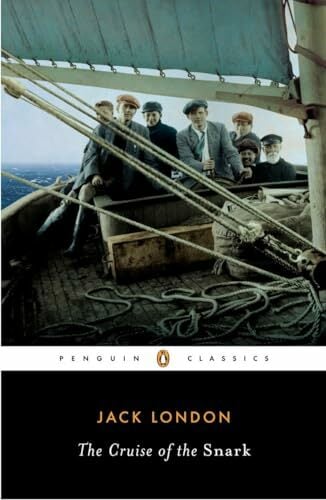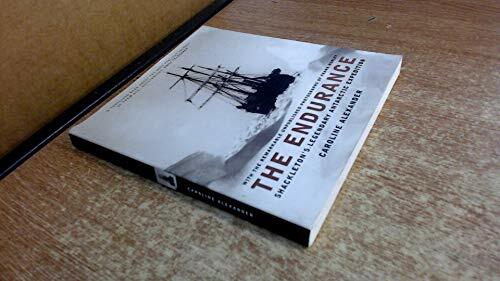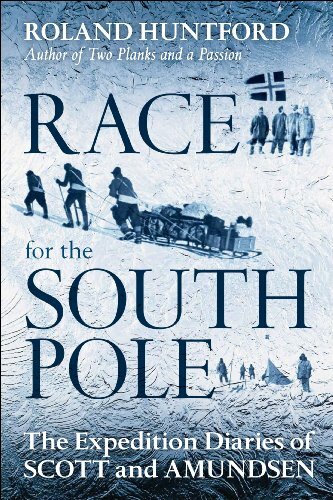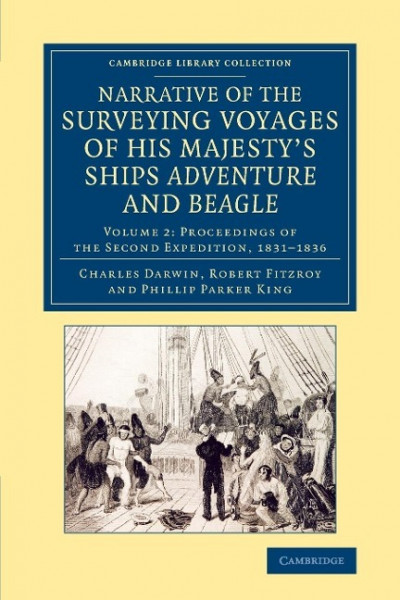
Narrative of the Surveying Voyages of His Majesty's Ships Adventure and Beagle - Volume
Kurzinformation
inkl. MwSt. Versandinformationen
Artikel zZt. nicht lieferbar
Artikel zZt. nicht lieferbar

Beschreibung
Published in 1839, this three-volume work describes both a surveying voyage of the South American coastline and Darwin's voyage of discovery. von Darwin, Charles;Fitzroy, Robert;King, Phillip Parker;
Produktdetails

So garantieren wir Dir zu jeder Zeit Premiumqualität.
Über den Autor
Charles Robert Darwin, (12 February 1809 - 19 April 1882) was an English naturalist, geologist and biologist,[6] best known for his contributions to the science of evolution.[I] His proposition that all species of life have descended over time from common ancestors is now widely accepted, and considered a foundational concept in science.[7] In a joint publication with Alfred Russel Wallace, he introduced his scientific theory that this branching pattern of evolution resulted from a process that he called natural selection, in which the struggle for existence has a similar effect to the artificial selection involved in selective breeding.[8]Darwin published his theory of evolution with compelling evidence in his 1859 book On the Origin of Species.[9][10] By the 1870s, the scientific community and a majority of the educated public had accepted evolution as a fact. However, many favoured competing explanations, and it was not until the emergence of the modern evolutionary synthesis from the 1930s to the 1950s that a broad consensus developed in which natural selection was the basic mechanism of evolution.[11][12] Darwin's scientific discovery is the unifying theory of the life sciences, explaining the diversity of life.[13][14]Darwin's early interest in nature led him to neglect his medical education at the University of Edinburgh; instead, he helped to investigate marine invertebrates. Studies at the University of Cambridge (Christ's College) encouraged his passion for natural science.[15] His five-year voyage on HMS Beagle established him as an eminent geologist whose observations and theories supported Charles Lyell's conception of gradual geological change, and publication of his journal of the voyage made him famous as a popular author.[16]Puzzled by the geographical distribution of wildlife and fossils he collected on the voyage, Darwin began detailed investigations, and in 1838 conceived his theory of natural selection.[17] Although he discussed his ideas with several naturalists, he needed time for extensive research and his geological work had priority.[18] He was writing up his theory in 1858 when Alfred Russel Wallace sent him an essay that described the same idea, prompting immediate joint publication of both of their theories.[19] Darwin's work established evolutionary descent with modification as the dominant scientific explanation of diversification in nature.[11] In 1871 he examined human evolution and sexual selection in The Descent of Man, and Selection in Relation to Sex, followed by The Expression of the Emotions in Man and Animals (1872). His research on plants was published in a series of books, and in his final book, The Formation of Vegetable Mould, through the Actions of Worms (1881), he examined earthworms and their effect on soil.
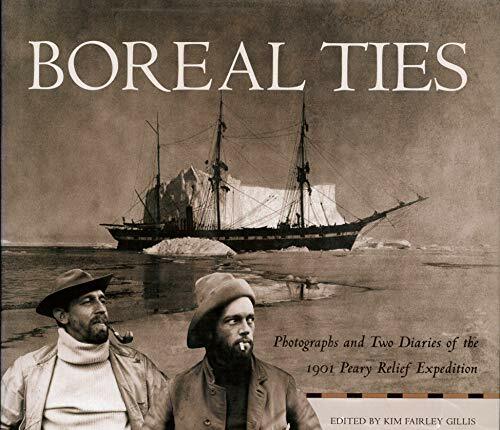
- hardcover
- 248 Seiten
- Erschienen 2002
- University of New Mexico Press
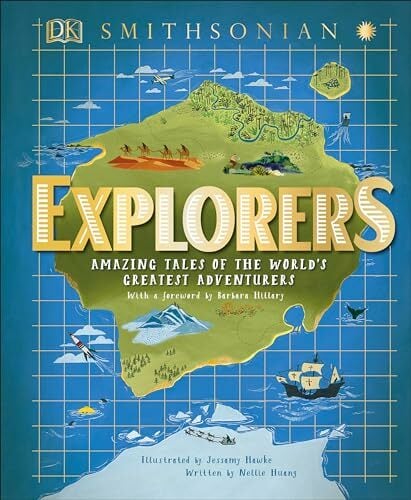
- hardcover
- 144 Seiten
- Erschienen 2019
- DK Children

- paperback
- 348 Seiten
- Erschienen 2015
- Routledge

- paperback
- 560 Seiten
- Erschienen 2009
- Bibliobazaar










